A Powerhouse in Construction In the bustling construction industry, the smooth progress of any project relies heavily on the materials used, and one such crucial component is reinforced steel bars, commonly known as rebar. Playing an integral role in enhancing the structural integrity of concrete, rebar is found in various construction applications, making it an indispensable element in the field. Enter the rebar mill, a powerhouse that produces these robust steel bars. The rebar mill serves as the backbone of the construction industry, ensuring a steady supply of high-quality reinforcement for countless construction projects worldwide. So, let’s delve into the world of rebar mills and explore the critical aspects of their operations. Rebar mills are specialized facilities equipped with state-of-the-art machinery designed to convert raw materials into finished steel bars. The production process starts with the selection of high-grade steel billets, which are primarily made of carbon and alloy steel. These billets then undergo a series of rigorous processes, including heating, rolling, and cooling, to shape them into the desired rebar sizes and specifications. One of the key steps in the rebar production process is the heating and rolling phase.
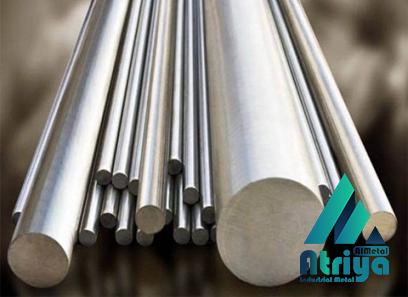
.
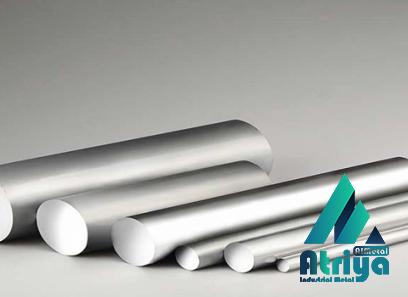 In this stage, the steel billets are heated to a high temperature, making them malleable. They are then passed through a series of rolling mills, which gradually reduce their size and shape them into the required rebar dimensions. This rolling process also imparts strength to the steel bars, ensuring they can withstand the loads they will eventually bear in the construction projects. Once the steel bars have been rolled, they undergo a cooling process to stabilize their structure. This step ensures that the rebar achieves the desired mechanical properties, such as high tensile strength and excellent ductility. After cooling, the rebar is cut into standard lengths and undergoes quality control checks to ensure compliance with industry standards. Rebar mills produce a wide range of steel bars with varying diameters, lengths, and grades, catering to the diverse needs of different construction projects.
In this stage, the steel billets are heated to a high temperature, making them malleable. They are then passed through a series of rolling mills, which gradually reduce their size and shape them into the required rebar dimensions. This rolling process also imparts strength to the steel bars, ensuring they can withstand the loads they will eventually bear in the construction projects. Once the steel bars have been rolled, they undergo a cooling process to stabilize their structure. This step ensures that the rebar achieves the desired mechanical properties, such as high tensile strength and excellent ductility. After cooling, the rebar is cut into standard lengths and undergoes quality control checks to ensure compliance with industry standards. Rebar mills produce a wide range of steel bars with varying diameters, lengths, and grades, catering to the diverse needs of different construction projects.
..
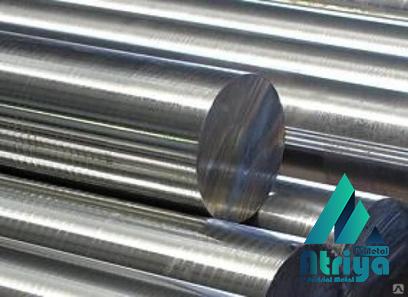 These steel bars are commonly categorized into deformations types, such as deformed and plain. The deformations on the surface of rebar enhance its bond with concrete, ensuring a strong connection between the two materials. The utilization of rebar in construction goes far beyond the skyscrapers and bridges we often associate it with. It can be found in residential buildings, roads, highways, dams, and even in the smallest of construction applications, such as retaining walls. Its immense strength and ability to resist tension make it a vital component that reinforces the concrete structures, ensuring their longevity and safety. Rebar mills play a significant role in the construction industry’s quest for high-quality and reliable rebar supply. Their continuous production process ensures a steady flow of reinforcement materials, allowing construction projects to progress smoothly without delays in material availability.
These steel bars are commonly categorized into deformations types, such as deformed and plain. The deformations on the surface of rebar enhance its bond with concrete, ensuring a strong connection between the two materials. The utilization of rebar in construction goes far beyond the skyscrapers and bridges we often associate it with. It can be found in residential buildings, roads, highways, dams, and even in the smallest of construction applications, such as retaining walls. Its immense strength and ability to resist tension make it a vital component that reinforces the concrete structures, ensuring their longevity and safety. Rebar mills play a significant role in the construction industry’s quest for high-quality and reliable rebar supply. Their continuous production process ensures a steady flow of reinforcement materials, allowing construction projects to progress smoothly without delays in material availability.
…
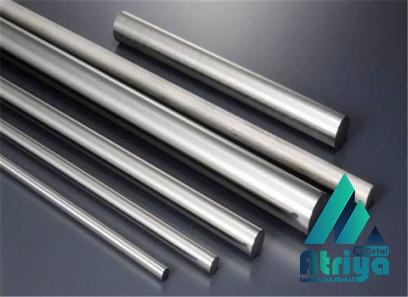 The stringent quality control procedures implemented in rebar mills ensure that the steel bars meet global industry standards and are fit for the arduous demands of construction applications. The rebar mill industry continues to evolve, with advancements in technology and processes aimed at further enhancing the quality and efficiency of rebar production. Constant research and development efforts are focused on improving the mechanical properties of rebar, such as corrosion resistance and durability, to meet the evolving construction demands and challenges. In conclusion, rebar mills serve as the vital cog in the construction industry, providing the sturdy reinforcement bars necessary to strengthen concrete structures. With their advanced machinery, skilled workforce, and stringent quality control processes, rebar mills ensure reliable and high-quality rebar supply for the ever-growing demands of the construction industry.
The stringent quality control procedures implemented in rebar mills ensure that the steel bars meet global industry standards and are fit for the arduous demands of construction applications. The rebar mill industry continues to evolve, with advancements in technology and processes aimed at further enhancing the quality and efficiency of rebar production. Constant research and development efforts are focused on improving the mechanical properties of rebar, such as corrosion resistance and durability, to meet the evolving construction demands and challenges. In conclusion, rebar mills serve as the vital cog in the construction industry, providing the sturdy reinforcement bars necessary to strengthen concrete structures. With their advanced machinery, skilled workforce, and stringent quality control processes, rebar mills ensure reliable and high-quality rebar supply for the ever-growing demands of the construction industry.

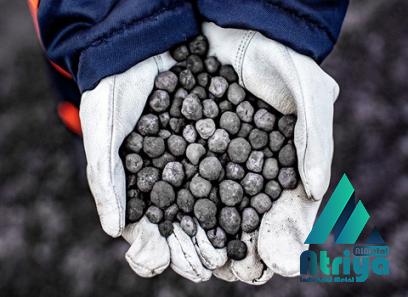
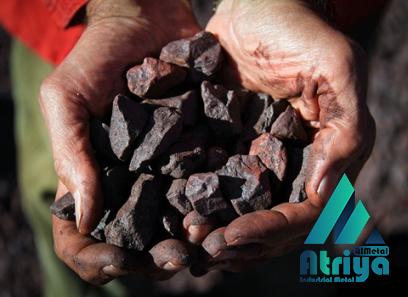
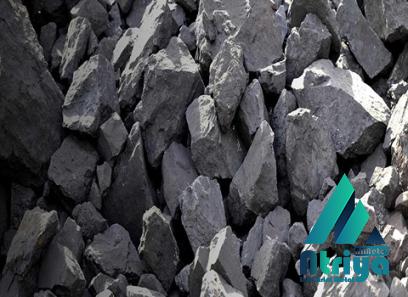
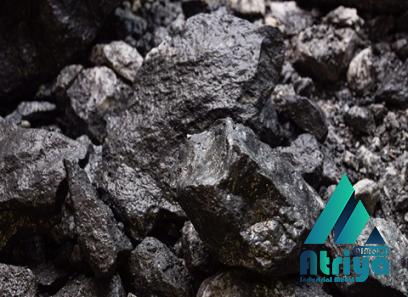
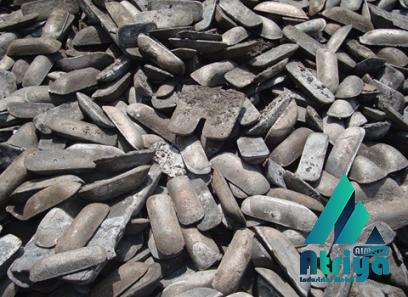
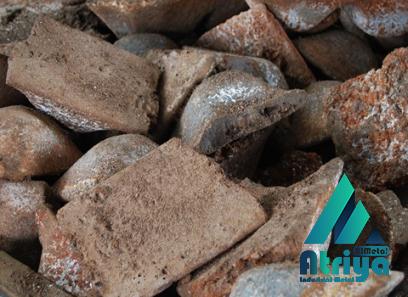
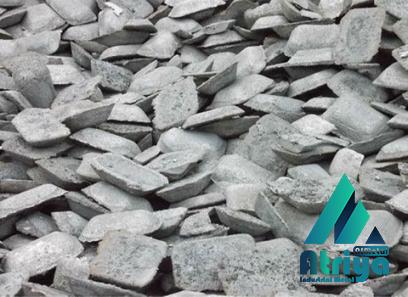
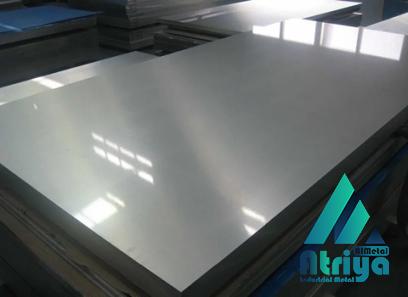

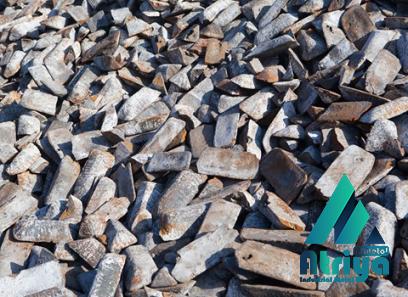
Your comment submitted.